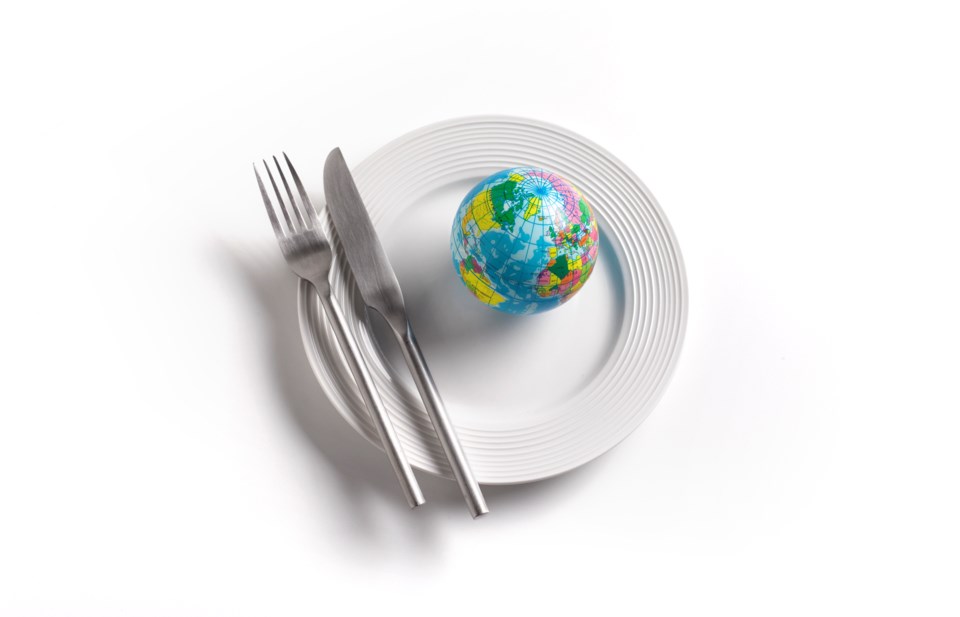This past week saw the world’s human population pass eight billion.
This is, in part, a projection based on the number of births and deaths over the course of a year. It is virtually impossible to actually keep track of populations to a level where one could predict the time and place for the eight billionth human being.
But some time last week, we passed through the number.
It took us only 12 years to go from seven billion to eight billion. It took humanity thousands of years to get to just one billion. The rate of growth is speeding up as more people have more babies. On top of that, average life expectancy is increasing across the globe.
Modeling predicts the world will have a population of somewhere between 10 and 11 billion by 2050. Of course, it might be less than that if we don’t do a better job of living on this planet. And it could be more if birthrates don’t stabilize while life expectancy keeps increasing.
How many people can the Earth hold? No one knows the answer.
Presently, we grow approximately 1.5 times as much food as we require. But inefficient systems of delivery result in approximately one third of the food grown going to waste. This results in roughly one in every ten people on the planet being malnourished.
Can we keep growing more food? That is, is there untapped agricultural land? Not really. Most of the arable land is presently under cultivation. Some, such as Richmond, is also under pavement, buildings, and parking lots. As cities expand, they consume land which could be used for agriculture and with more people, more land will be used for housing.
And then there is climate change. COP 27 wrapped up this past weekend with a declaration to address “loss and damage” funding for vulnerable countries but little in the way of moving forward on de-carbonizing the economy.
Our food supply is already feeling the pinch of climate change. Droughts and floods are leaving large portions of our agricultural base in peril. Farmers in the Peace River region and the Sunshine Coast are both suffering.
With more than eight billion people on Earth, we can’t afford climate change threatening the world’s food supply.
Todd Whitcombe is a chemistry professor at UNBC.



